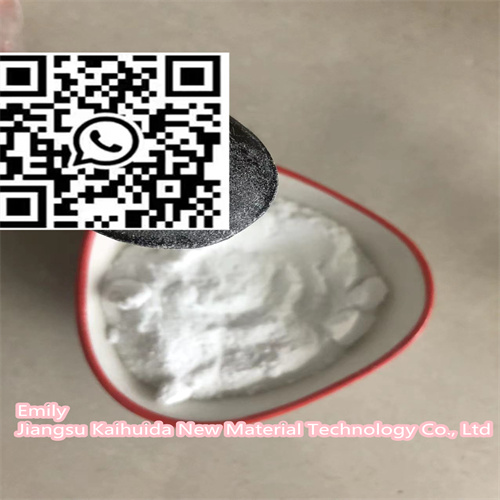
Tietosuojalausunto: Yksityisyytesi on meille erittäin tärkeä. Yrityksemme lupaa olla paljastamatta henkilökohtaisia tietojasi mille tahansa laajentumiselle ilman nimenomaista käyttöoikeustasi.
How to scientifically ingest inorganic salt?
1. What is the difference between inorganic salt and organic salt?
Reliable Inorganic Salt and organic salts are two different types of compounds.
Reliable Inorganic Salt are compounds composed of inorganic substances, such as metals and non-metallic elements, usually held together by chemical bonds between ions. Inorganic salts are usually the research objects of inorganic chemistry, and common inorganic salts include sodium chloride (table salt), copper sulfate and so on.
Reliable Inorganic Salt are compounds that combine organic substances (compounds containing carbon) with inorganic salts. Organic salts usually contain one or more organic functional groups such as carbon-oxygen or carbon-nitrogen bonds. Organic salts have important applications in organic chemistry and biochemistry. Common organic salts include lead acetate, sodium acetate and so on. Therefore, the main difference between inorganic and organic salts is their composition and chemical properties.


Lähetä tämä toimittaja
December 18, 2023

Tietosuojalausunto: Yksityisyytesi on meille erittäin tärkeä. Yrityksemme lupaa olla paljastamatta henkilökohtaisia tietojasi mille tahansa laajentumiselle ilman nimenomaista käyttöoikeustasi.

Täytä lisätietoja, jotta voit ottaa sinuun yhteyttä nopeammin
Tietosuojalausunto: Yksityisyytesi on meille erittäin tärkeä. Yrityksemme lupaa olla paljastamatta henkilökohtaisia tietojasi mille tahansa laajentumiselle ilman nimenomaista käyttöoikeustasi.